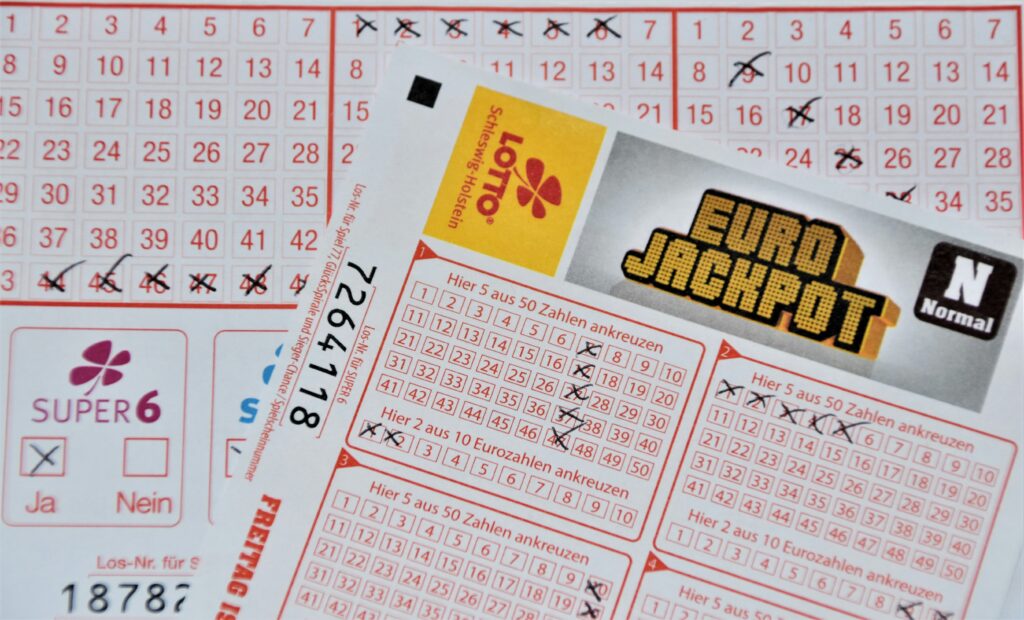What Is Syndicate Play?
Syndicate play is when a group of individuals come together to pool money and buy lottery or betting entries as a team. Instead of everyone buying their own separate tickets, the syndicate shares the cost—and, if they hit it big, shares the winnings too. It’s not a new concept, but it’s gaining serious traction as games get more expensive and odds get steeper.
What separates syndicate play from going solo is scale and strategy. When you’re playing alone, you can only afford so many tickets—and you’re betting on luck with a small reach. In a syndicate, you boost coverage. You can play more combinations, enter more draws, and generally increase the group’s overall chances. It’s not guaranteed money, but it is smarter math.
People syndicate for two main reasons: reduce personal financial risk and increase their odds of winning. It’s also a social play—friends, coworkers, or even online strangers teaming up with a shared goal. In truth, a well-run syndicate isn’t just about chasing jackpots; it’s about making the game more efficient, and honestly, more fun.
Setting Up a Strong Syndicate
Syndicate play works best when the group is well-structured and not too crowded. Aim for 4 to 10 people. That size strikes a balance—large enough to pool meaningful funds, small enough to manage expectations and communication. Any bigger, and it starts to feel like herding cats.
Each syndicate needs clear roles. First, the coordinator—this person runs point, collects entries, and makes sure everyone is in before a draw. They don’t have to be a dictator, but they do need to stay organized. Next, the bookkeeper. This role handles the money trail—who paid, how much, and what was bought. No gray areas allowed. Finally, the communicator keeps everyone in the loop. Whether it’s emailing ticket scans or posting updates to a group chat, this person makes sure the team stays informed and aligned.
Trust isn’t just a given; it’s built. A simple written agreement—yes, even a shared doc—goes a long way. Spell out how winnings are split, how disputes are resolved, and what happens if someone misses a buy-in. It doesn’t need to be full of legalese—just clear, agreed, and saved somewhere accessible.
Syndicates can be fun, strategic, and successful. But like any shared venture, they work best when everyone knows their role and the ground rules are set before money enters the mix.
Strategy Over Luck: Maximize the Value
When it comes to syndicate play, the smartest groups know it’s not just about buying more tickets—it’s about choosing wisely. Start by diversifying number selections across your ticket pool. Don’t load up on the same combinations. Spread across number ranges, avoid patterns, and skip the birthday-only strategy that limits you to 1–31. It’s basic, but people still forget: variety boosts your odds.
Next, think frequency. Playing small but regular beats dumping a pile of cash into one giant draw. Syndicates that play consistently—weekly or bi-weekly—get more exposure to winning numbers and build habits that help the group run smoothly. It’s less flashy but more sustainable.
And when it comes to pooling resources, aim for games with better odds, not just bigger headlines. Mega-jackpots are exciting, sure, but regional or less-hyped national draws might offer more realistic chances. A well-organized syndicate can afford to play strategically—casting a wider, smarter net instead of chasing unicorns.
Managing Winnings and Expectations
Winning a jackpot as a group can be thrilling—or chaotic—if there’s no plan in place. Pre-arranged prize distribution rules are non-negotiable. Decide early: will the payout be split evenly, or based on contribution levels? Put it in writing. No assumptions, no gray areas. A signed agreement, even if informal, prevents headaches later.
Once a win comes in, follow a clear protocol. First, verify the win through official sources. No celebrations until it’s double-checked. Next, inform all group members at the same time—preferably via the agreed-upon communication channel. Do not play favorites with the news. Then comes claiming: either the group leader handles this on behalf of everyone (if previously agreed), or members go together for transparency.
Disputes are easier to prevent than to fix. Before your syndicate plays its first ticket, have a real talk about what happens if someone forgets to pay, doesn’t respond on time, or disappears. Spell it out. Documented terms, a designated coordinator, and shared access to records (e.g., photos of tickets and payment logs) go a long way. It’s not about mistrust—it’s about being smart.
In syndicate play, clarity beats luck every time.
Digital Tools That Make It Easier
Running a syndicate is easier when the admin work doesn’t eat up all your time. Luckily, there are solid tools out there built specifically to manage group play—no need for endless spreadsheets or group chats gone messy.
Start with apps like LottoManager and PoolApp. They let you log buy-ins, assign ticket numbers, and track payments—all in one spot. Each member can see their individual stake and the tickets in play. No mystery, no chasing.
For more structured groups, spreadsheets still have their place, especially for long-time players comfortable with Google Sheets. But if you’re not into DIY setups, some lottery platforms even offer built-in group features, letting syndicates officially register their entries.
When it comes to payouts and disputes, a clean record matters. That’s where audit trails in these apps really shine. You can pull a history of who paid what, and when. Add in automatic reminders, and late payments become rare, not routine.
For communication, keep it simple. Slack and WhatsApp work well for real-time updates. Want more structure? Platforms like Discord give you channels for draws, payments, and general chat. Just don’t let the tool overload become a second job.
Bottom line: The best tools reduce friction. Pick what helps your group stay organized, informed, and focused on the fun—not the admin.
Common Pitfalls to Avoid
Even a winning syndicate can fall apart fast if trust breaks down—and most of the time, it’s not the numbers but the people that cause the problems. One of the biggest traps? Poor communication. Groups that don’t clearly share updates—like who bought the tickets, when the purchase was made, or how much everyone owes—end up with confusion, or worse, accusations. Keep everyone in the loop, always.
Next: no written agreement on how to split the prize. It sounds basic, but plenty of players skip this. Then someone wins big, and suddenly the vibe shifts. A simple, signed breakdown of who gets what protects everyone. It’s not about paranoia—it’s about prep.
Third, don’t overbuild your own bureaucracy. Complicated rules, unnecessary layers of approval, weekly meetings to decide when to buy tickets? That just slows things down and makes people tune out. Keep things clear, keep them moving. A syndicate is supposed to enhance your odds, not become a part-time job.
For more real-world examples you’ll want to avoid, check out Common Mistakes to Avoid in Jackpot Games.
Final Thoughts: Syndicate Play Done Right
Syndicate play might start with a shared dream of hitting it big, but the real game isn’t just about dreaming—it’s about structure. Random guesses and blind luck won’t get a group far. What does? Discipline. Clear roles. A strategy that’s tighter than most people manage on their own. Good syndicates run like a small operation with logistics in place. That’s how you avoid chaos when money’s actually on the line.
Transparency isn’t optional—it’s the foundation. Everyone in the group should know how the money is pooled, who’s managing what, and what happens if (or when) the group wins. Open communication heads off bad assumptions. Clear documentation avoids the awkward stuff afterward.
Done right, syndicate play is less about chance and more about leverage. You’re pooling more than money—you’re pooling trust, tools, and knowledge. That makes every move smarter. And in the long run, that edge matters far more than a lucky pick.




